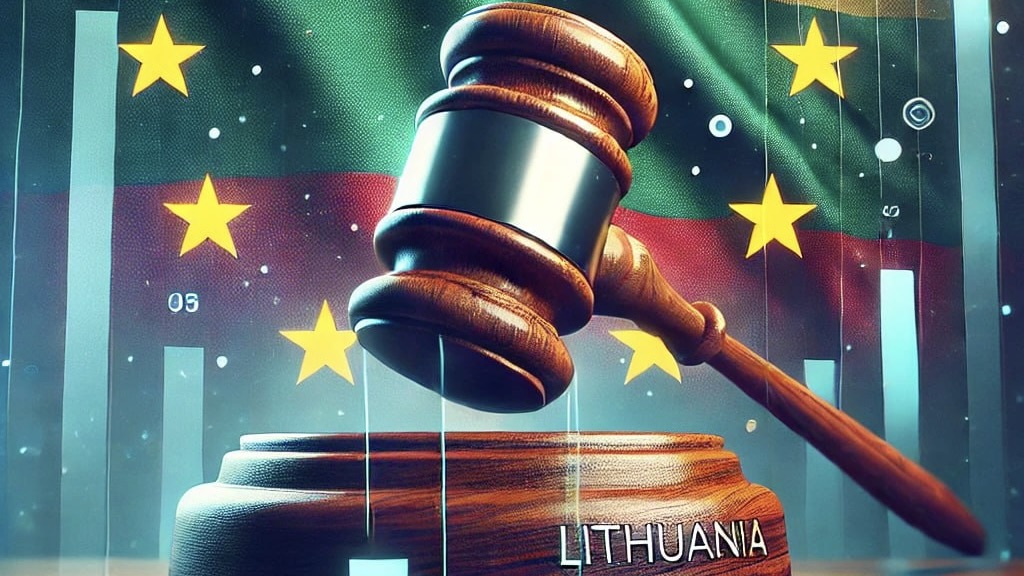EU Court Rules Lithuania’s Regulator’s Restrictions Illegal: A Decision That Could Change the Future of Gambling Regulation in Lithuania

The Court of Justice of the European Union (CJEU) has made an important ruling regarding changes to Lithuania’s gambling law, which are now considered illegal. This move could significantly affect the future regulation of online gambling in the country.
In this article, we will review the key points of this court case, the reasons the changes cannot be applied, and the potential consequences for Lithuania’s gambling policy.
Reasons for the CJEU’s Decision
The Court of Justice of the European Union made a ruling in the case of the Unigames operator, who challenged a €12,600 fine for violating new restrictions introduced by amendments to Lithuania’s gambling law.
These amendments prohibited “any form of gambling promotion,” including advertising gambling on websites. However, the court ruled that the changes to Lithuania’s legislation had not been properly notified to the European Commission, which violates EU requirements.
Under Directive 2015/1535, EU countries are required to notify the European Commission of planned changes to technical regulations, including gambling regulation. Lithuania failed to follow this process, which led to the amendments being legally invalidated.
Impact of the Decision on the Lithuanian Regulator
This court decision could significantly alter events in Lithuania, where authorities are actively trying to tighten gambling regulations.
One of the key aspects is the fact that, due to procedural violations recognized by the court, plans to ban gambling advertising and block payments for unlicensed operators are now under threat of being implemented.
Furthermore, the recent €8.4 million fine imposed on Olympic Casino Group Baltija may also be reconsidered if it is found to be based on the same erroneous amendments.
Potential Consequences for Gambling Reform in Lithuania
Lithuania has implemented several strict measures in recent years to limit online gambling, including raising the legal age for participating in gambling to 21, introducing new licensing fees for operators, and blocking advertising and payments for unlicensed websites. A complete ban on gambling advertising is also planned for 2025.
However, the CJEU decision casts doubt on the legitimacy of these changes and may hinder further tightening of controls. Lithuania now needs to review its legislative practices to comply with EU requirements before continuing to introduce new gambling restrictions.
Precedent for Other EU Countries
The court’s decision may also set a precedent for other countries aiming to tighten gambling regulation. It is now important for EU states to properly follow notification procedures when making changes to technical regulations to avoid similar issues in the future.
Conclusion
The CJEU ruling is an important step in addressing improper gambling regulations, highlighting the need to adhere to European standards and procedures. Lithuania now faces the need to reconsider its reforms in this area, which may impact the future regulation of gambling in the country.
